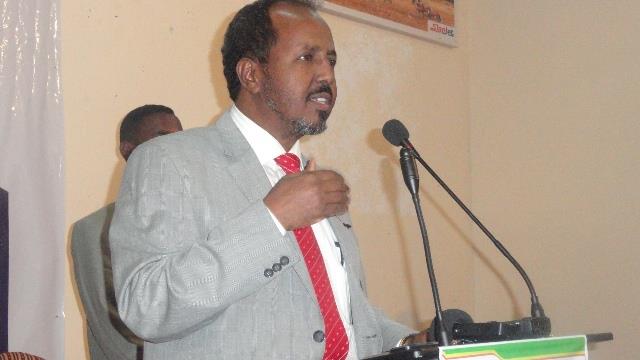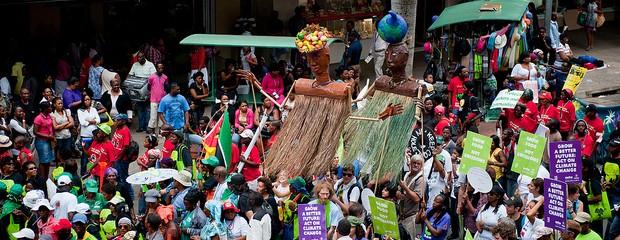A new President for Somalia – By Sally Healy

The election of Hassan Sheikh Mohamud by Somalia’s Transitional Parliament is an unexpected success for the hugely discredited political process in the country. It could prove to be a turning point in Somalia’s recovery. With twenty five candidates standing, numerous doubts about the integrity of the new parliament and widespread reports of bribery for their votes, it was widely assumed that the post would go to the highest bidder. And it seemed a certainty this would be one of the usual suspects: President Sheikh Sharif, Prime Minister Abdi Weli or former Speaker Sherif Hassan. How nice it is to be wrong!
Hassan Sheikh’s victory is a useful reminder of the capacity of Somalia to surprise the outside world. Beyond the faí§ade of internationally constructed governments, we know so little about how this country without a national government really works. Hassan Sheikh is largely unknown outside Somalia but he is very well known and respected in Mogadishu where he founded and runs the Somali Institute of Management and Development, now a university. He has also played a leading role in the various civic and philanthropic forums that provide the backbone of social and economic support so essential to Somali survival. The most important of these was a civic initiative known as the Mogadishu Security and Stabilisation Plan that tried to re-establish administrative structures before the rise of the Islamic Courts. His own account of this period provides a good insight into his political principles, above all a consistent message that without reconciliation no real progress can be made in rebuilding formal institutions.
I have worked with Hassan Sheikh on a couple of assignments. He is a very engaging, thoughtful and sincerely religious man. But what struck me most was his quiet confidence in the future of Somalia. He believes in the strength and the integrity of the Somali people and in their capacity to recover and to thrive again. Perhaps this is because he has operated for so long within Somali civil society, where such huge achievements have been made. Maintaining that confidence will be tougher in the grubby world of politics where we have become conditioned to expect failure.
Needless to say, the problems he will face are enormous. Al Shabab remains the immediate challenge in South Central Somalia, although it is contained for the time being by AMISOM forces. The formation of national security forces to replace AMISOM is still at a rudimentary stage. Neither the long drawn out political “transition” (in progress since 2004) nor the hastily concocted constitution has resolved the big questions about Somalia’s political future, including the nature of the federal system and the relationship with Somaliland. There is no legacy from the TFG in terms of government structures, institutions or even the beginnings of a functioning civil service.
Hassan Sheikh Nonetheless starts with some important assets. He is his own man. He is not part of the discredited political establishment. He Lives in Mogadishu and has not been plucked from the Somali diaspora. He is not in the pocket of any foreign power. The political party he formed in April 2011 has provided a structure and network of supporters that will certainly have been working through informal clan channels to deliver this unexpected election victory. He offers a new approach to solving Somalia’s problems of government, first and foremost a political approach, with reconciliation as its starting point.
Some credit is due to the international actors. They have stuck with grim determination to their “roadmap” to end the transition and put an end to the self-serving extensions of the TFG mandate. Whatever its shortcomings, the process to end the transition – the expansion of parliament, the involvement of clans, the insistence on the timetable and the unavoidability of the election created just enough political space for a credible Somali leader to slip through.
Hassan Sheikh will undoubtedly face enmity from the people who have profiteered for so long from Somali politics. He may be overwhelmed by the enormity of the task he confronts. But if he can tap into and draw strength from those enduring civic networks that he has helped to nurture, he stands a better chance of succeeding than any of his predecessors.
Sally Healy is a Fellow of the Rift Valley Institute (and co-author with Hassan Sheikh of a 2009 report for UNDP on the role of the Somali Diaspora in Development).
This piece is also published by the Rift Valley Institute.





